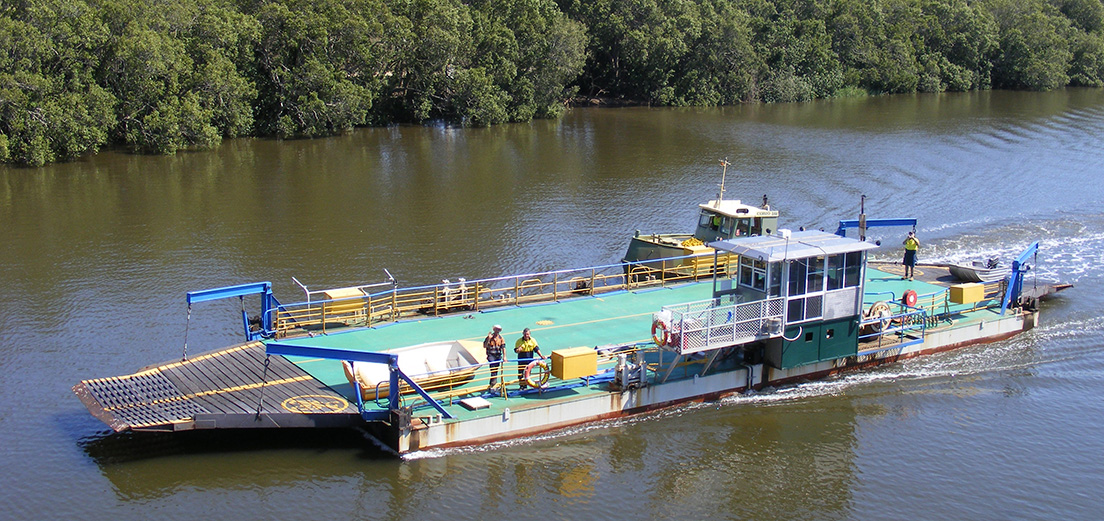Effective trip planning involves good preparation, including potential health challenges. The last thing anyone wants is to suffer an injury or fall ill right before their trip or have an unexpected health issue arise during the trip. So what steps can you take to give yourself the best chance of staying fit and healthy before, during and after your trip? Read on to find out.
Normally when you go on a trip, you’ll be doing a lot more activity than usual, which can put a lot of stress and strain on your body. You can help reduce this impact by increasing your activity in the weeks leading up to your trip.
Keeping your body in a fit condition may reduce the risk of physical injury. Your bones are protected by muscle mass, joints, and ligaments which can be conditioned to minimise the possibility of breaks, sprains, and tears if you have an accident.
Accidents can happen anytime and anywhere, but prevention is better than cure. So, before your trip, it may help to steer away from anything too extreme and adventurous.
While travel can do wonders for mental health, it can also be very stressful to break away from your regular routines into the unknown. Planning for travel can be very stressful so it’s important to consider your mental health before and during a trip away. If you have a mental health condition, consider how the extra stress of your travel may affect you. Ensuring you are getting enough sleep, are maintaining a balanced diet, and staying physically active in the lead up to your trip can also help with managing some mental health conditions like anxiety or depression. Visit your GP or mental health specialist if you have any concerns about your mental health, to seek advice, or to build a mental health plan.
Depending on the destination you’re visiting, you may be at higher risk of exposure to diseases that aren’t common or present in Australia. Although certain vaccinations are a requirement for some travel, depending on your destinations, it may be wise to check with your doctor as to what other vaccinations are advisable.
Some vaccines take longer to develop immunity than others or may require multiple shots, so it is best to visit your doctor 6-12 weeks ahead of your trip. Ensure your recommended vaccinations are up-to-date and consider having a flu vaccination, tetanus, or COVID-19 booster before you travel.
If you are unsure what you need, speak to your GP. Visit







